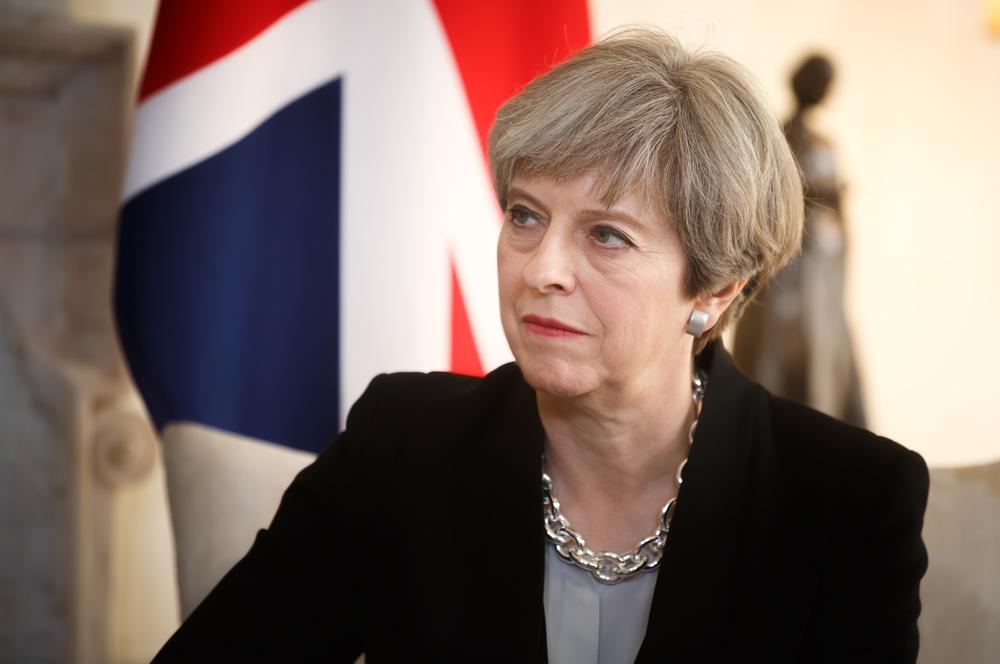One would usually associate the strength of a nation’s government with the performance of the domestic stock market. A well organised government delivering on their promises and leading the country forward incites confidence in risk assets, such as equities.
Enter Theresa May. May did inherit one the most challenging leaderships of the past 100 years, but her leadership has been anything but ‘strong and stable’, and this has been reflected in the gyrations of sterling and UK equities.
After the sharp decline following the Brexit vote, the inverse relationship between sterling and the FTSE 100 has dominated the ebb and flow of the FTSE 100 as it trades in a tight sideways range.
Notwithstanding any external shocks, the outlook of the FTSE 100 is inextricably linked to sterling performance.
This in turn is more likely than not to be dictated by the markets perceptions of whether the UK is on course for a hard or soft Brexit.
May’s initial announcement of her intention to pursue hard Brexit, was greeted with a plunge in the value of the pound and a push higher in FTSE 100, providing her with some cover, as it seems the new US president deems it appropriate to gauge the success of one’s leadership by the performance of the stock market.
Not only did foreign exchange market’s turn their noses up at the prospect of May’s hard Brexit, so did her political peers. This culminated in an embarrassing defeat in the house of commons in late December.
The pound strengthened in the run up to the parliamentary vote, capping gains in the FTSE 100 and leading to its underperformance against other major equity markets.
It is therefore a sensible deduction that a soft Brexit is going to drive further underperformance in the FTSE 100 as sterling strengthens and fears of a hard Brexit induced economic downturn diminish, if of course, this inverse relationship continues.




